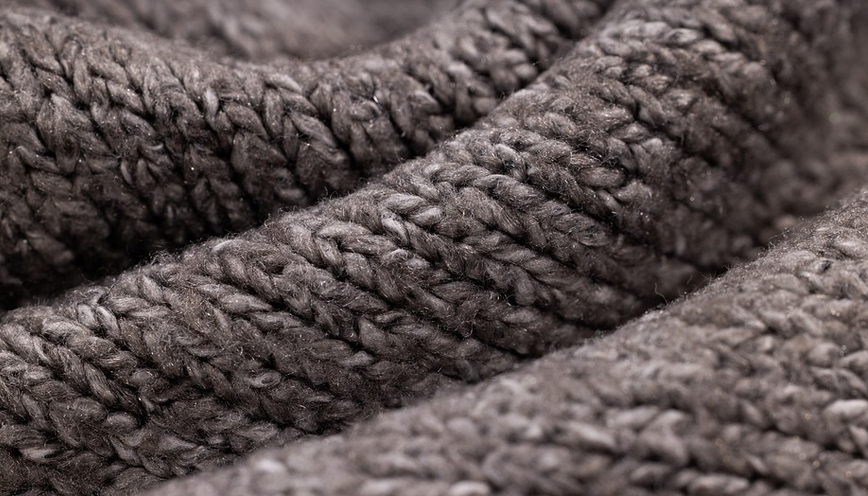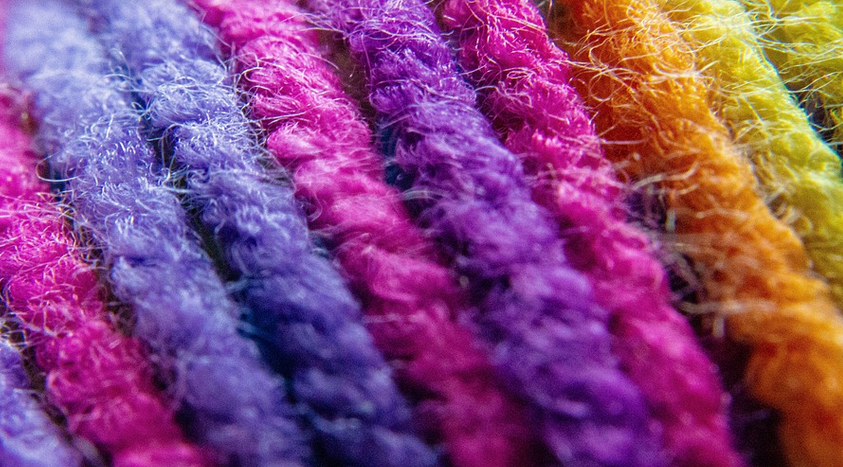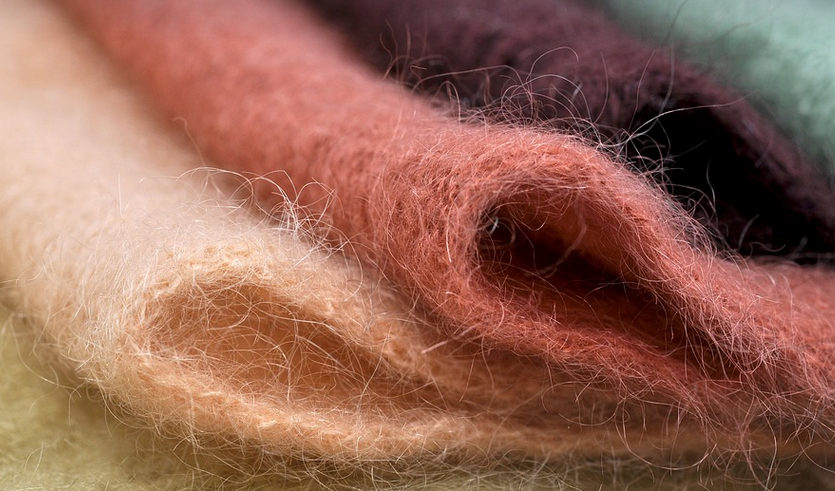
Unraveling the Mystery of Gelatin in Sweet Tart Ropes
Have you ever wondered about the mysterious gelatin content lurking within those delectable sweet tart ropes? You’re not alone! Many people, especially children, gravitate towards these chewy treats but are curious about their ingredients.
We all crave that satisfying burst of sweetness and tanginess. But have you ever stopped to think about what gives those ropes their bouncy texture and the unique hold on your taste buds?
The answer often lies in a familiar substance: gelatin, derived from animal bones. For decades, gelatin has been a popular ingredient in many food products, ranging from candies to desserts to even some meat products. However, with growing awareness of its potential health implications and the increasing popularity of plant-based alternatives, there’s an expanding array of options for those seeking delicious, safe, and sustainable treats.
The world of sweet tart ropes is a fascinating example of how ingredient choices can impact both taste and ethical considerations. Let’s delve deeper into the gelatin debate and explore the different possibilities that await you in 2024!
Are Sweet Tart Ropes Gelatin-Free?
The good news is, many popular brands of sweet tart ropes are now embracing a gelatin-free approach. This shift towards plant-based alternatives has been driven by several factors: the rising demand for vegan and vegetarian products, the focus on healthier dietary choices, and a growing understanding of the complexities surrounding animal product use.
These companies have embraced innovative techniques to achieve that signature bouncy texture and chewy feel without relying on gelatin. For instance, they have incorporated alternative ingredients like agar-agar or carrageenan, which are derived from seaweed. These natural alternatives offer a similar texture and functionality as gelatin, meeting the needs of consumers seeking both flavor and ethical value.
Many brands also focus on using pectin, a naturally occurring polysaccharide found in fruits. Pectin acts similarly to gelatin by providing structure and defining those appealingly chewy textures found in many sweet tart ropes.
The Benefits of Gelatin-Free Sweet Tart Ropes
Choosing gelatin-free options can have significant benefits for your health and the well-being of our planet.
For individuals who follow a vegan or vegetarian diet, choosing gelatin-free versions ensures they stay true to their dietary preferences. This is particularly important as many animal products contain collagen, which can pose challenges for those who follow strict dietary restrictions.
Beyond dietary needs, opting for gelatin-free options aligns with a growing awareness of sustainability issues. Sourcing ingredients like agar-agar or carrageenan from sustainable sources contributes to the reduction of environmental impact. These alternatives often boast renewable origins and require less processing than traditional animal-derived ingredients.
Embracing Plant-Based Options in 2024
The move towards gelatin-free options represents a significant shift in the food industry, reflecting a growing consumer preference for transparency, sustainability, and ethical considerations. It also signals a changing landscape within the sweet tart ropes market. As demand continues to rise for these plant-based alternatives, we can expect even more innovative products to emerge in 2024.
If you’re looking for exciting and delicious options that align with your values, the world of gelatin-free sweet tart ropes is bursting with possibilities. From fruity flavors to tangy combinations, there’s something out there for every taste bud and dietary preference. Embrace the adventure and explore the delightful realm of plant-based alternatives!
So next time you reach for a chewy sweet tart rope, take a moment to appreciate the journey behind its creation. This seemingly simple act can be an opportunity to delve deeper into the world of ingredient choices and make informed decisions that align with your values, health goals, and future ambitions.





